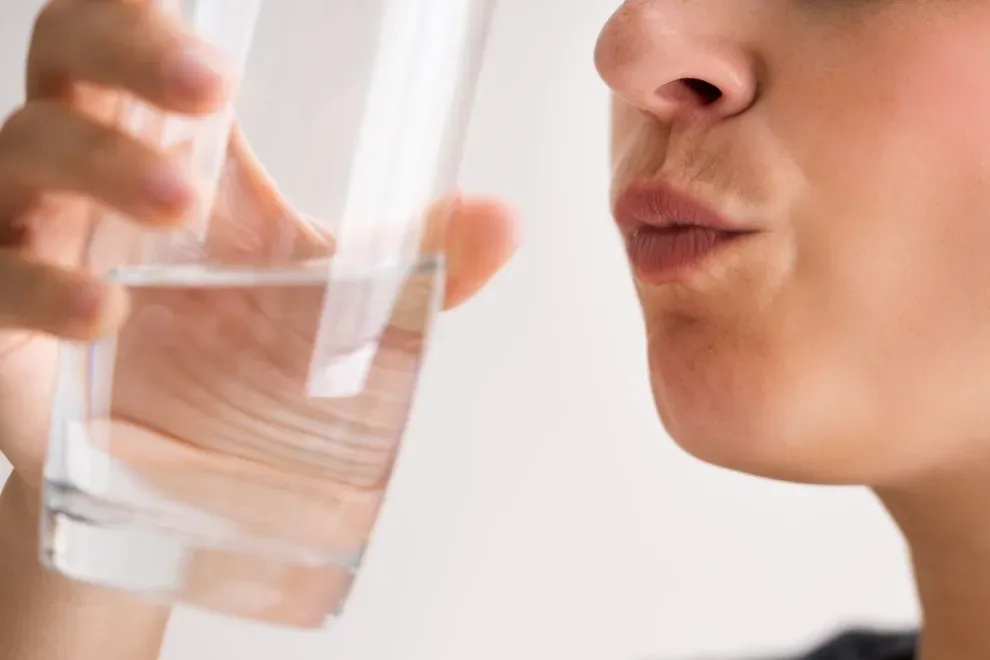Getting Rid of Canker Sores

Table of Contents
- Home Remedies
- Seeing a Doctor for a Canker Sore
- References
Canker sores are a minor medical condition that many people experience at some point in their lives. These sores are also known as mouth ulcers, or aphthous ulcers. They form on the mucous membrane inside and around the mouth, often on the gums and inside the lips.
These ulcers usually don’t bleed unless they are aggravated (by a toothbrush, a Q-Tip or a finger), and they are not contagious. They are, however, painful.
You can expect several days of discomfort while eating and drinking as a canker sore runs its course, which is usually five to 15 days. There’s no exact cause of the ulcers, although research indicates several possible contributing factors. Such as:
Viral infections
Mouth injuries, including ones during dental work
Brushing your teeth too hard
Biting your tongue or cheeks
Emotional stress
A poor diet
Hormonal changes
Food allergies
Genetics (family history)
To assist in preventing and/or treating a canker sore, consume at least 1 cup of yogurt each day.
Home Remedies
Most of the medicinal activities surrounding canker sores is about how to mitigate the irritation and pain they cause so that it doesn’t make eating, drinking, swallowing or talking difficult. Treatments you can initiate on your own without having to see a doctor or dentist include mouthwashes, mouth rinses, topical gels and alum powder.
Salt water is a basic home remedy for anything inside your mouth that is sore, including a sore throat from a cold. The same is true for a cold sore or canker sore.
You can use regular table salt, sea salt or kosher salt. Mix a teaspoon or less in a cup of lukewarm water (salt dissolves quicker in warm water than in cold water) and then rinse or gargle with the water.
Do not swallow the saltwater because it can make you vomit.
Many people use mouthwashes every day when they brush their teeth and floss. It is not surprising that they can help ease the pain of canker sores. However, use a mouthwash that does not contain alcohol. Otherwise, you could end up causing yourself more pain rather than relieving the pain you already have.
Milk of magnesia can help ease the pain in tandem with some of the other listed treatments. Use alongside hydrogen peroxide or Benadryl for extra effectiveness.
People use hydrogen peroxide to deal with infections. While it will not remove a canker sore by itself it can help deal with pain caused by the infection. Using a cotton swab with hydrogen peroxide as well as milk of magnesia has proven effective.
Echinacea is an herbal medicine. Studies have confirmed with data and tests that this substance can be used to ease pain. Especially in ulcers and cold sores. But remember, this does not cure a canker sore. It helps relieve pain caused by them.
People use watermelon frost powder as an anti-inflammatory substance. It is trusted in the scientific community. It has been used as a positive control substance in experiments related to treating pain.
Alum powder is a substance used to keep pickles crisp. It is also a home remedy for canker sores, although some research indicates it is not the best way to treat them. One reason: Alum powder is toxic if swallowed in large quantities. If you would like to use this spice, make sure to spit it out when done.
Should You See a Doctor For a Canker Sore
Canker sores tend to go away on their own. Yet, there are times where it's best to contact your dentist immediately. If the following things occur while trying to treat canker sores, it is best to talk to your dentist:
Sores don’t heal within two weeks
Severe inflammation continues despite treatment
Continuous canker sores occurring more than three times a year
A fever
Swollen lymph nodes
Other symptoms such as skin rashes
If you have any questions about canker sores, it is always best to consult your dentist. They will be happy to help you take care of your teeth, mouth and gums.
